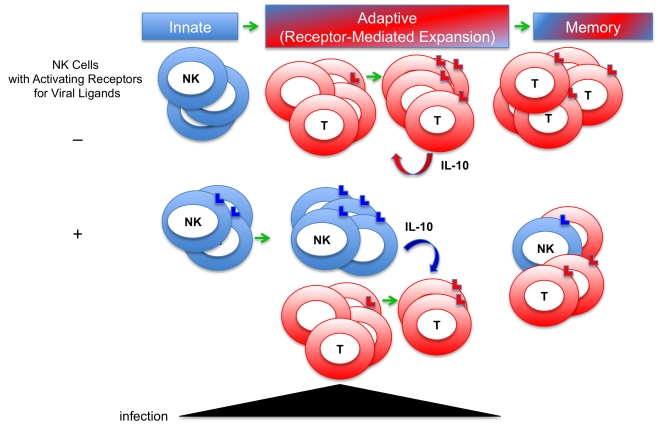Figure 1. New model for defense and regulatory functions of immune responses to viral infections.
Innate immune responses were first appreciated for their role in early antimicrobial defense. Adaptive responses, including T cell responses, were understood to take longer to develop during first infections because of the need to expand antigen-specific cell subsets from low frequency populations, and to be important for heightened defense, i.e., memory, during secondary infections. The evidence of innate NK cell proliferation and memory has blurred the distinction. Expansion of NK and T cells is a result of stimulation through activating receptors recognizing virus-induced ligands. New evidence indicates that a role for activating receptor-driven proliferation of NK cells is to promote their maintenance during viral infections, and that under conditions of extended infections, the cells produce IL-10 to regulate T cell responses. T cells can also be induced to produce IL-10 to control immune responses. Both NK and T cells can act to protect from immune-mediated disease. These observations underscore the need for evolutionary pressure to protect both from infection and from immune responses to infections.

